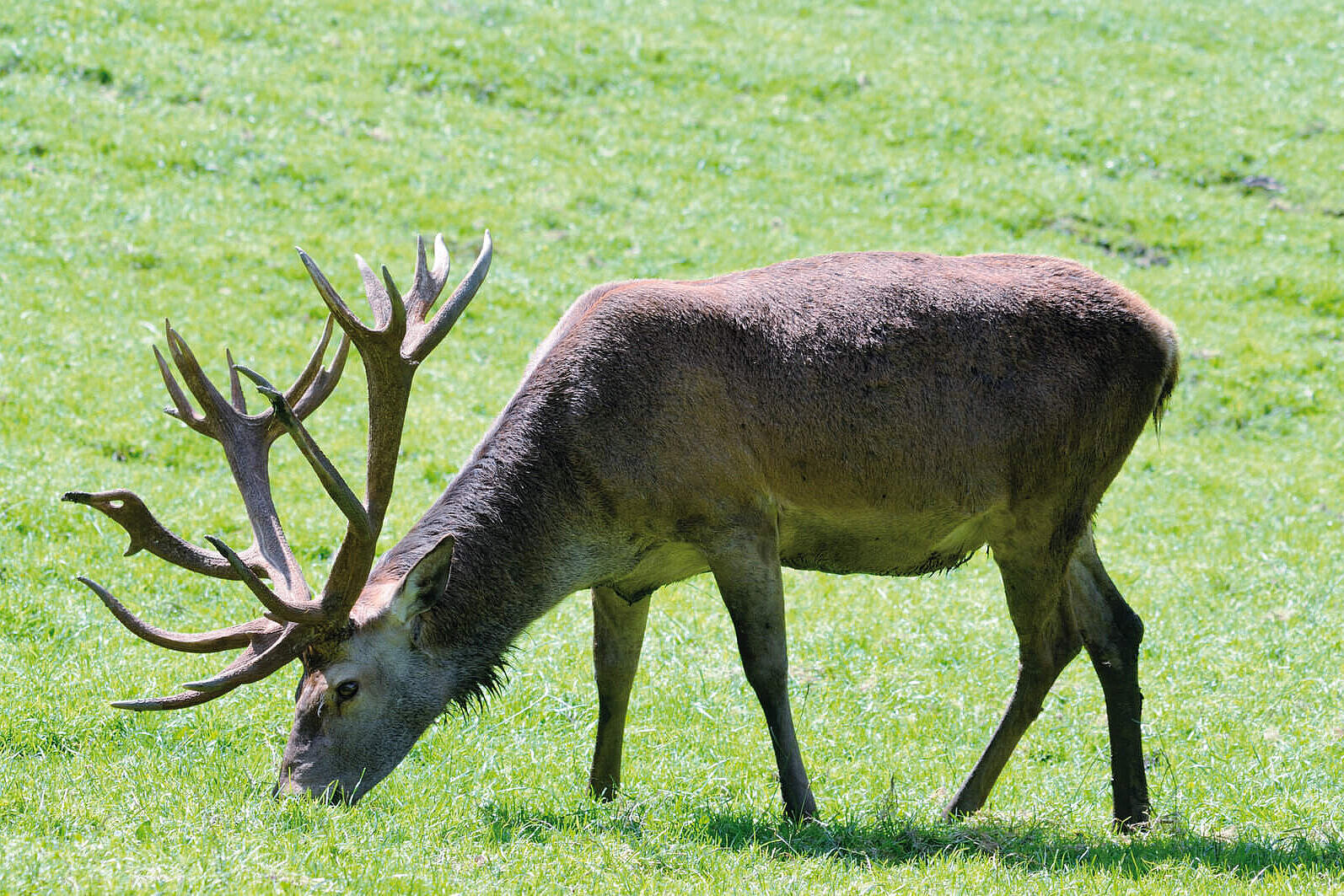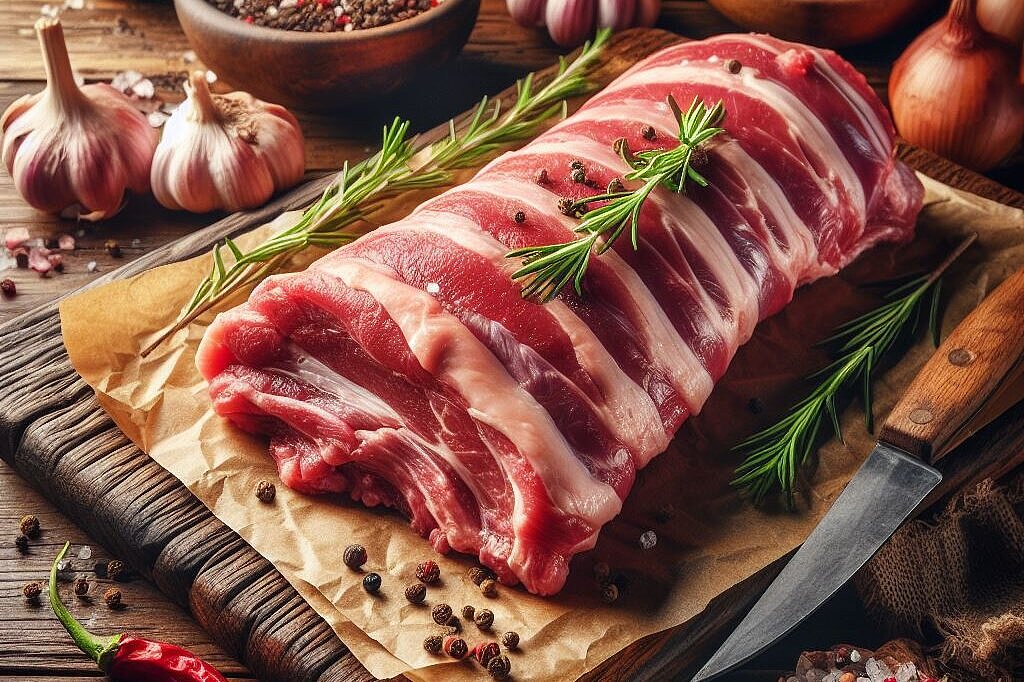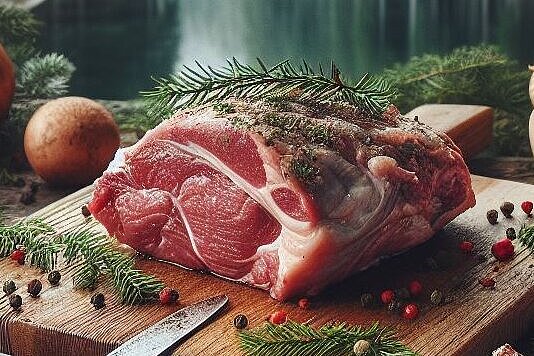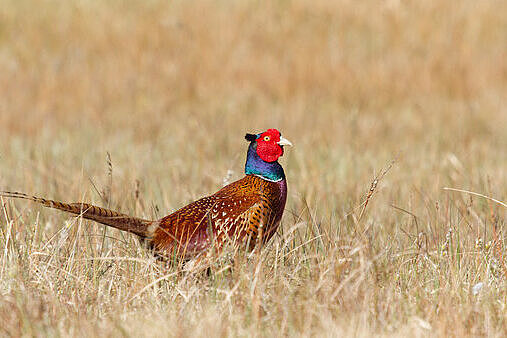Venison (Deer)
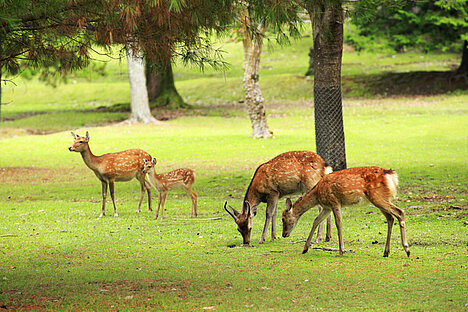
Why is venison good for dogs?
Venison can be a good addition or change in your dog's diet, especially if he suffers from allergies or intolerances to other types of meat. Venison is hypoallergenic, which means that it rarely triggers allergic reactions. In addition, venison is easy to digest and does not burden your dog's gastrointestinal tract. Venison contains many important nutrients that your dog needs for its health and vitality. Protein supports muscle building and cell regeneration, iron promotes blood formation and oxygen transport, zinc strengthens the immune system and skin health and vitamin B12 has a positive effect on the nervous system.
Are there any disadvantages of venison for dogs?
Venison also has some disadvantages that you should consider before feeding it to your dog. Firstly, venison is relatively expensive and not always easy to get hold of. You can order it in specialized pet food stores or online, but you have to expect higher prices than for other types of meat. Secondly, venison can contain parasites that can be dangerous for your dog. These include tapeworms, fox tapeworms, trichinae and toxoplasma. These parasites can lead to serious illnesses such as diarrhea, vomiting, weight loss, anemia or even death. To minimize the risk, you should always cook the venison thoroughly or freeze it before giving it to your dog.
How much venison can my dog eat?
The amount of venison you can feed your dog depends on various factors, such as his age, size, activity level and state of health. In general, however, venison should only make up part of your dog's daily food ration and no more than 10 to 15 percent of their total weight. This means, for example, that a dog weighing 10 kilograms should not eat more than 1 to 1.5 kilograms of venison per week. You should also make sure that you combine the venison with other ingredients such as vegetables, fruit or cereals to ensure a balanced diet.
Venison is a tasty and healthy meat for dogs that offers many benefits. It is hypoallergenic, easily digestible and rich in nutrients. However, it also has some disadvantages, such as its high price, low availability and the risk of parasite infestation. You should therefore always make sure that you prepare venison well and only feed it in moderation.
If you notice any signs of hypersensitivity or poisoning in your dog, you should see your vet immediately. We are not a substitute for a vet, but we try to be as accurate as possible. Every dog reacts differently and we recommend you get a second opinion or consult your vet if in doubt.
Stay healthy and take good care of your four-legged friend!😊
Similar to Venison (Deer)
Venison is the meat of various deer species such as red deer, fallow deer or roe deer. It belongs to the so-called game meat varieties, which differ from other types of meat such as beef or poultry....
Wild boar meat is a lean and protein-rich meat that provides your dog with many important nutrients. For example, it contains plenty of iron, zinc, selenium and vitamin B12, which are important for...
Moose meat is the meat of moose, one of the largest deer species in the world. Moose live mainly in the forests and swamps of North America and Northern Europe. They feed mainly on plants such as...
Pheasant meat is the meat of pheasants, a bird species that originally comes from Asia and was introduced to Europe as game for hunting. Pheasants belong to the chicken family and have dark, lean...
